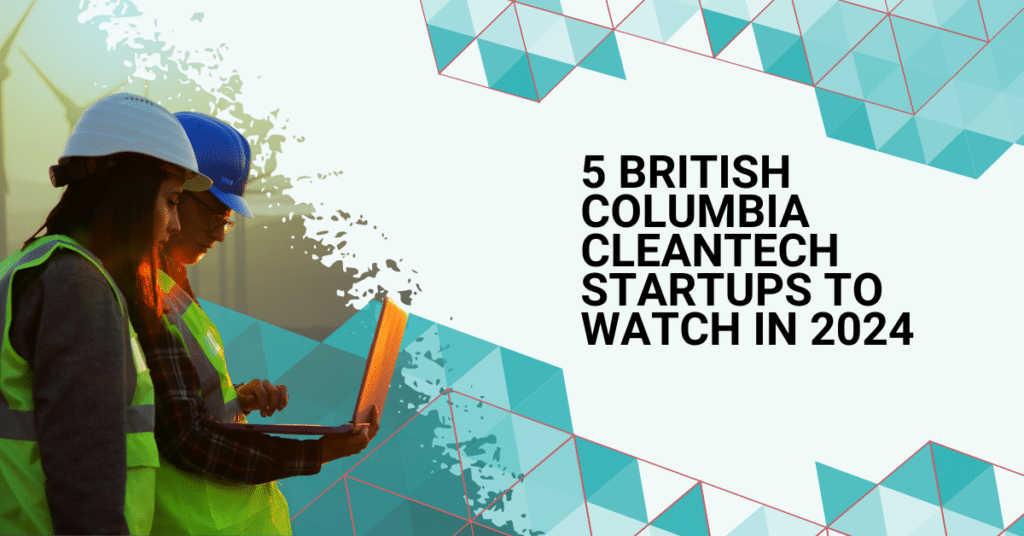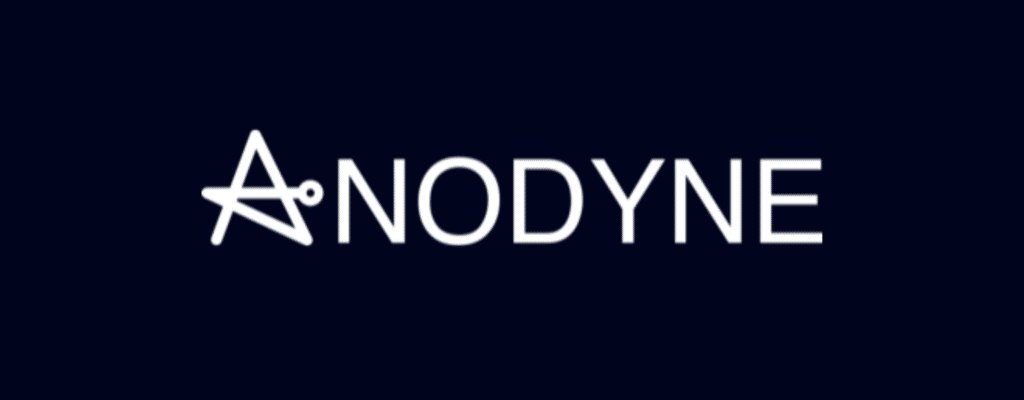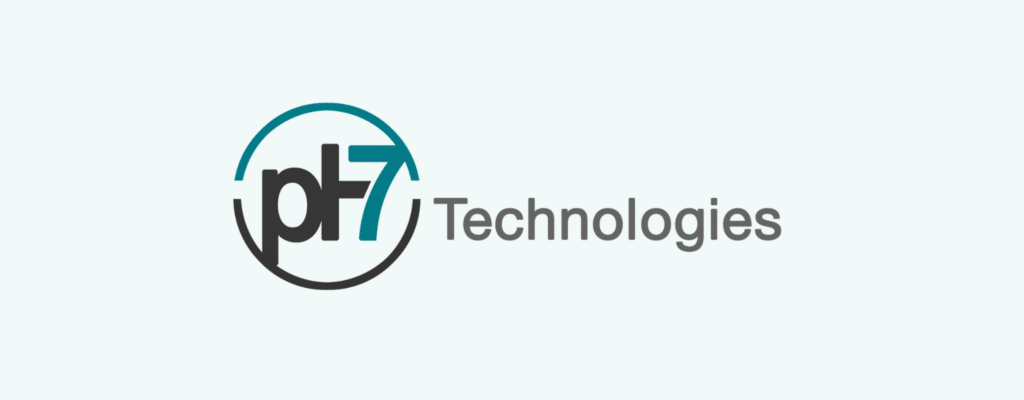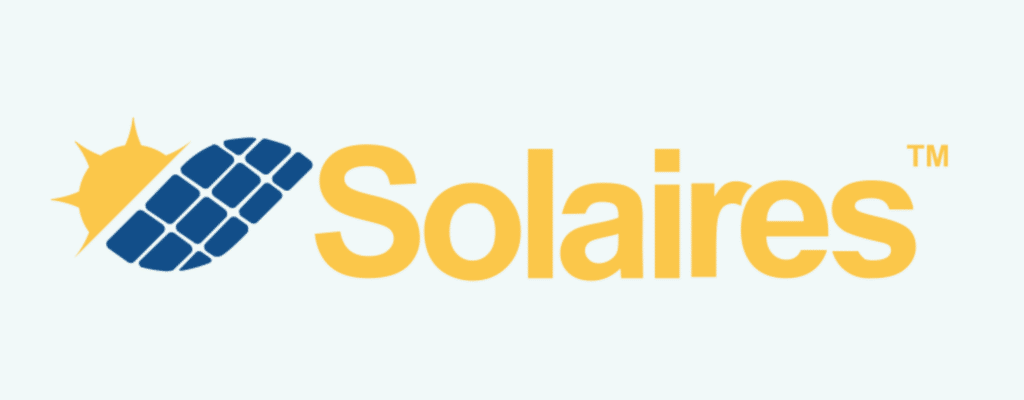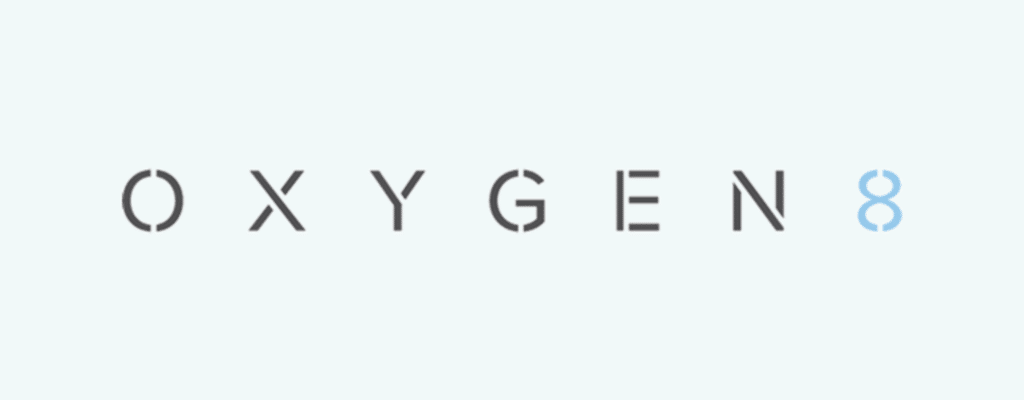Reading time: 6 minutes.
According to a recent report card, Canada’s most Western province is also the cleanest. Over 98% of British Columbia’s energy comes from clean or renewable sources. This not only makes it the cleanest jurisdiction in Western North America, but it also makes BC a hub for clean innovation!
The province is the second-largest centre for clean technology in Canada. Clean techs, short for clean technologies, are goods or services designed to remediate (or prevent) environmental damage. British Columbia hosts 492 pure-play cleantech companies, including 56 publicly traded companies. These public cleantechs have a market cap of 9.7 billion, with cleantechs in the province overall worth $5.4 million in export value.
So why British Columbia? The province’s geographic location opens up export opportunities to both the USA and Asia. When combined with an already thriving startup ecosystem and government support for enterprises that promote sustainability, B.C.’s cleantechs have everything they need to score. Spanning industries from transportation to clean energy and wastewater, these clean technology startups are worth a watch.
Anodyne Chemistries
Founded: 2021
Vancouver-based startup Anodyne Chemistries uses natural enzymes to make organic chemicals. While ‘organic’ might be in the name, the chemical industry has been one of the most resistant to environmental change. Chemicals are responsible for 5-10% of global energy consumption and around 20% of greenhouse gas. Chemicals like ammonia, methanol, or propylene are used to create products such as plastics, fertilizer, and synthetic fibres. Producing these chemicals generates high emissions almost every step of the way.
To fix the problem, Anodyne has created a low-impact, carbon-negative process that allows them to create the same chemicals at less environmental cost. By using enzyme technologies to replace petrochemicals or fermentation, Anodyne can create sustainable chemicals and fuels that are a direct substitute for chemical compounds.
Anodyne has received $855k in grant funding through Sustainable Development Technology Canada to date. They’ve also received $600k in funding from the B.C. Centre for Innovation and Clean Energy.
pH7
Founded: 2020
While Anodyne takes on chemicals, Burnaby-based cleantech pH7 is taking the ‘dirt’ out of minerals. Whether it’s extracting metals from ores, concentrates, or wastes, pH7 has the technology to keep the process emission-free. Their methodologies reduce the carbon footprint of extracting copper, platinum, and other metals by cutting out wastewater, toxic releases, and carbon dioxide emissions. This results in 99% less carbon emissions and 95% more efficient processes.
The company’s efforts have led to a Series A round in March of 2023, co-led by TDK Ventures and Pangaea Ventures. Other investors included Rhapsody Ventures, Collaborative Fund, FM Capital, as well as a US $5M loan facility with with RBCx.
Solaires Enterprises Inc.
Founded: 2019
In only a few years, Victoria B.C. cleantech Solaires has taken solar technology to a new frontier. Like solar panels, Solaires harnesses the power of sunlight to generate electricity. Unlike traditional solar panels, Solaires’ tech doesn’t need mined quartz to make heavy, rigid layers of silicon.
The secret lies in a semiconductor known as perovskite. Perovskite is a crystalline material that can be used in place of silicon, which comes from mined quartz. Refining and processing this quartz is what gives traditional solar panels their surprisingly large carbon footprint. Using this new technology, a solar panel can be made 1000 times thinner and twice as efficient.
Solaire’s product can fit in the palm of your hand. Its size gives it the power to create industry-disrupting change. Perovskite panels can be used to power everything from smartphones to electric vehicles. They can also be used to harness light from other sources, such as overhead lighting.
Still, perovskite solar panels are early in development. Existing panels are prone to diminishing returns as they get exposed to humidity and oxygen. They’ve come a long way in the past decade, though, which indicates more progress to come. Solaires is the first to manufacture perovskite ink at an industrial scale, which puts this B.C. cleantech at the forefront for change. The progress has attracted the attention of Halliburton Tech Accelerator as well as $3.5M in pre-seed funding.
Oxygen8
Another cleantech operating out of Burnaby, Oxygen8 is changing the game in HVAC. The company’s flagship product, the Nova ventilation system, promises to bring the fresh air of the outdoors, in. While most buildings circulate around 80% of their air, Oxygen8’s Nova is designed to draw in air from the outdoors. This means fresher air and a lower carbon footprint. It works by using cutting-edge heat exchanger technology that recaptures energy from the exhaust, combined with a decentralized system that pulls air directly from its outdoor source.
The ventilation system is used in buildings from Ohio State University to restaurants in New York. Founders James Dean and Matthew Doherty say Oxygen8’s recent $4M seed round is just the beginning. Their target market is older buildings with poor ventilation, like schools, care facilities, or offices.
ShareWares
Founded: 2020
Operating out of the pandemic, Vancouver cleantech ShareWares beat the competition on alternatives to plastic packaging. The company offers a range of reusable cups and cutlery options, well ahead of bans on single-use plastic packaging announced in cities across the globe. The company’s offering has been picked up by major restaurants and franchises around Vancouver, including retailers like Tim Hortons and SkipTheDishes.
So how does it work? After downloading the ShareWares app, customers head to (or call in) a participating retailer. After paying a deposit for a reusable cup, customers take their order to go. When they’re finished, they can scan the code using the app and find a Return-It station. The deposit is returned, and the cup is sanitized using ShareWare’s commercial-grade dishwasher so it’s ready for the next customer.
So far, the company’s efforts have helped it raise an undisclosed amount in grant money from the CleanBC Plastics Action Fund and the Google for Startups Accelerator.
